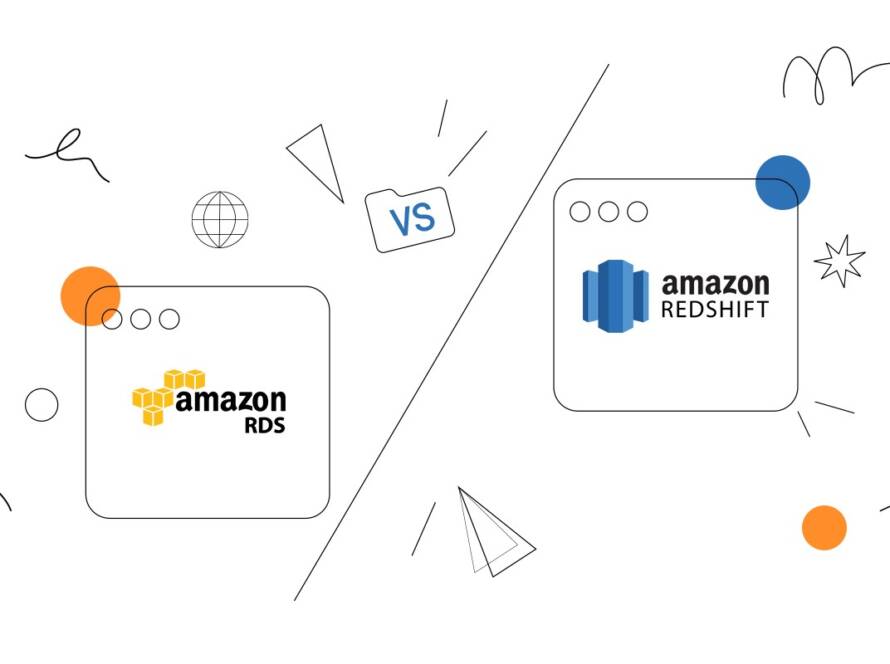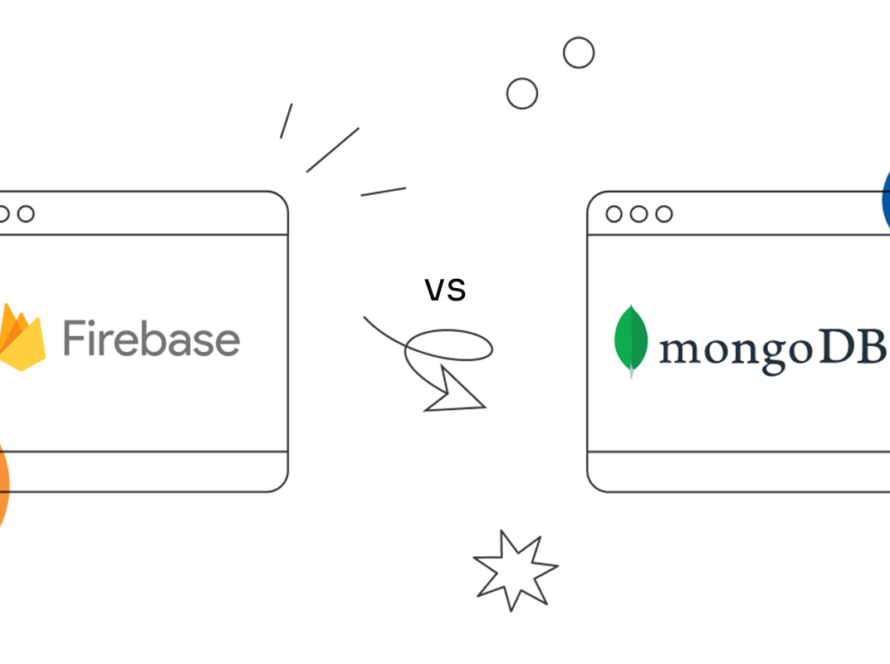The demand for Node.js developers has been on the rise, and the competition for top talent in this field is fiercer than ever. In this comprehensive guide, we will explore the critical aspects of hiring Node.js developers, emphasizing why making the right choice for your team matters. We’ll also provide an overview of what to expect throughout this guide, ensuring you’re well-prepared to embark on your recruitment journey.
The Rising Demand for Node.js Developers
Node.js has emerged as a cornerstone technology in modern web development. Its efficiency, scalability, and versatility have made it a preferred choice for building robust, real-time applications. As a result, the demand for them has grown significantly.
In the fast-paced world of web development, your choice can have a profound impact on your project’s success. Skilled developers bring not only technical expertise but also innovation, creativity, and problem-solving abilities that are crucial for staying competitive.Here is a guide to
Best Practices to Build Successful Onshore and Offshore Teams.
This guide is designed to help you navigate the process of hiring Node.js developers. We will cover everything from understanding the value of Node.js to crafting a compelling job description, conducting interviews, and retaining your new talent. By the end of this guide, you’ll be well-equipped to build a successful Node.js development team.
Understanding Node.js
In Node.js, it’s essential to grasp its unique attributes, which enable swift and scalable server-side JavaScript execution. This event-driven, non-blocking environment forms the core of modern web development, making it crucial to understand when seeking Node.js developers.
These developers are not mere coders; they play a pivotal role as architects of real-time applications, facilitating seamless data streaming and swift responses, thus impacting your project’s success and organizational competitiveness.
Moreover, Node.js extends its capabilities beyond basic web applications, encompassing domains like IoT, microservices and even machine learning
. Leveraging Node.js for such cutting-edge projects is a strategic
imperative for staying at the forefront of the tech industry.
Assessing Your Node.js Development Needs
Defining Your Project’s Scope and Complexity
The scope of your project refers to its overall objectives, goals, and functionalities. It involves understanding what you aim to achieve and the features you want to incorporate into your Node.js application. For example, do you require the development of a simple web server, a complex real-time chat application, or a
large-scale microservices architecture? Clearly defining the project’s scope is the foundational step in finding the right candidate who can meet your expectations.
Node.js is a versatile platform known for its performance, scalability, and non-blocking I/O capabilities. However, it is not a one-size-fits-all technology. Depending on your project’s nature and goals, you may need developers with specific skills and expertise. Here are some key areas of specialization within Node.js development:
- API Development: If your project involves building robust APIs, you’ll need developers well-versed in designing and implementing RESTful or GraphQL APIs. Proficiency in handling data requests and responses is paramount in this context.
- Microservices: For projects focusing on microservices architecture, you’ll require Node.js developers who can design, build, and manage microservices efficiently. They should understand how to create lightweight, independent services that can seamlessly communicate with each other.
- Real-time Applications: Building real-time applications, such as chat apps or online gaming platforms, demands expertise in WebSocket and event-driven programming. Node.js is particularly well-suited for real-time applications due to its event-driven architecture.
- Scalability and Performance Optimization: In cases where your project needs to handle high traffic and scale effortlessly, you need developers experienced in optimizing Node.js applications for performance, load balancing, and efficient resource utilization.
Identifying these essential skills and areas of expertise is crucial in ensuring that the developers you hire possess the necessary competencies to meet your project’s specific requirements.
“Your job description should be more than a list of duties; it should tell a story about your company, the projects, and the growth opportunities.””

Crafting a Compelling Job Description

Crafting an Attention-Grabbing Job Title
When it comes to recruiting top Node.js talent, the first step is to create a job title that captures the essence of the position and entices skilled developers to apply. In this guide, we’ll explore the art of crafting attention-grabbing job titles that not only convey the significance of the role but also magnetize top-tier candidates to your job posting.
Creating an effective job description also involves specifying qualifications and experience requirements with precision. Striking the right balance between essential skills and experience is crucial for attracting both qualified and diverse candidates.
Your job description should be more than a list of duties; it should tell a story about your company, the projects, and the growth opportunities.
Where to Find Node.js Developers
- Navigating the Talent Landscape: Node.js developers can be found in a variety of places, from traditional job boards to niche tech communities. We’ll help you navigate this landscape, highlighting the pros and cons of each option.
- Tapping into the Node.js Community and Networks: The Node.js community is vibrant and well-connected. Learn how to tap into this network to find passionate developers who are deeply committed to the technology.
- Maximizing Hiring Platforms and Channels: Hiring platforms and channels are essential for reaching a broader audience. We’ll explore how to make the most of online job boards, social media, and developer-specific platforms to find the right candidate.
The Interview Process
The interview process is a pivotal phase. It begins with the crucial task of screening resumes and portfolios, serving as your initial defense against unsuitable candidates. This part of the process involves meticulously sifting through the documents to identify key elements that will guide you in
selecting the right developer for your project. Here’s a deeper look at how to effectively screen resumes and portfolios:
- Relevant Experience
- Technical Skills
- Achievements and Impact
- Portfolio Quality
- GitHub Contributions
- Certifications and Education
Technical Assessments and Code Challenges: A Comprehensive Guide
Technical assessments and code challenges are a valuable way to assess a candidate’s skills. We’ll provide a comprehensive guide to creating and evaluating these assessments.
- In-Depth Technical Interviews: In-depth technical interviews should go beyond the basics. We’ll help you probe the right areas, ensuring that you evaluate a candidate’s skills comprehensively.
- Evaluating Soft Skills and Cultural Fit: Cultural fit and soft skills are often overlooked but equally important. Lets assess these hidden aspects during interviews to build a harmonious team.
- Offer and Compensation: Strategically negotiate salaries, craft competitive packages, and set clear expectations. When you find the right candidate, it’s time to make a compelling offer. We’ll guide you through the negotiation process and help you create competitive compensation packages that meet your candidates’ expectations.
“Node.js developers are keen on professional growth. Learn how to provide them with opportunities for skill development and career advancement within your organization.”

Retaining Node.js Talent
Retaining Node.js talent is as crucial as hiring them. We’ll explore how to create an environment that fosters growth, innovation, and job satisfaction for your Node.js developers.
Moreover, they are keen on professional growth. Learn how to provide them with opportunities for skill development and career advancement within your organization.
Acknowledging the achievements of your developers is essential for keeping them motivated and committed. We’ll provide ideas for recognition and rewards to retain your top talent.
Conclusion
This comprehensive guide equips you with the essential knowledge needed to navigate the process of hiring top-tier Node.js developers for your projects in 2024. As you venture into the realm of building your dream Node.js team, it’s imperative to acknowledge that the hiring process is an ongoing journey.
By continuously updating your practices to align with the evolving industry trends, you can ensure that your Node.js development team remains robust and competitive. With the insights and strategies discussed, you’re well-prepared to take those crucial first steps towards assembling the best Node.js talent for your ventures.





